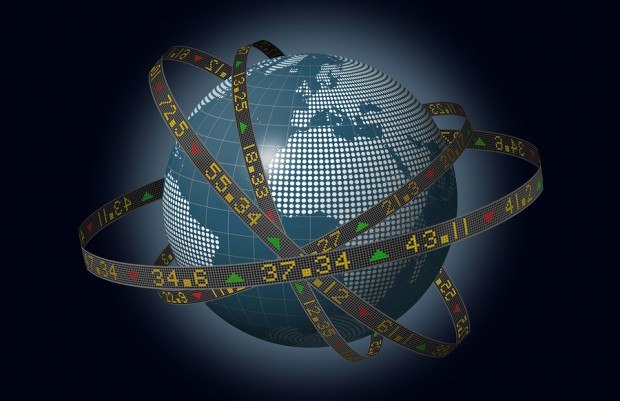Political risk insurance provided by a World Bank Group agency in developing nations rose for a third straight year to a record, led by guarantees on power projects from Angola to Bangladesh.
The Multilateral Investment Guarantee Agency in Washington issued $2.78 billion in coverage in the 12 months ended June 30, compared with $2.66 billion a year earlier, according to financial results e-mailed to Bloomberg News. That includes $511.8 million for a hydro project in Angola that has funding arranged by HSBC Holdings Plc.
Projects including efforts tied to power, manufacturing and agriculture were funded by banks from JPMorgan Chase & Co. to Industrial & Commercial Bank of China. New financial regulations are encouraging private lenders to seek more insurance for projects in developing nations to improve risk management, said Edith Quintrell, MIGA’s director of operations.
“We are contemplating another record year, it’s the strongest project pipeline we’ve ever seen at MIGA,” Quintrell said in a Sept. 5 interview. “Power is where we see a lot of growth,” with ports and roads also contributing.
The coverage provided in March for the Cambambe Hydroelectric Project in conflict-affected Angola is MIGA’s second-biggest deal, Rebecca Post, a spokeswoman for the agency, said by e-mail Sept. 5. The coverage is for 13 years against the risk sovereign financial obligations aren’t honored, according to the agency’s website.
Developing countries “have to provide affordable electricity and infrastructure to deliver economic growth,” Quintrell said.
Renewable Energy
MIGA follows World Bank directions on largely avoiding support for coal projects to help protect the climate from heat- trapping emissions, she said.
“Renewables can be an affordable option for many countries,” she said. “We are careful not to support projects that in the end will not be sustainable.”
MIGA works with private insurers and export credit agencies, and transactions increasingly require capacity from multiple providers, Quintrell said.
The agency is boosting the coverage period it offers in some cases to 20 years and in some of the riskiest countries, she said.
“We’re not always cheaper than the rest of the market, but can bring a large amount of reinsurance capacity, being part of the World Bank,” she said. “The key focus for the banks is how they get the most capital relief.”
During the year, the agency’s exposure to projects in conflict-affected areas tripled to $1.2 billion, and coverage in sub-Saharan African nations more than doubled to $1.5 billion, according to the results.
Risk Focus
“We’re seeing that investors are also focusing more on risk,” she said, citing upheavals including the Arab Spring. “That’s why we’ve seen more demand for our products.”
Banks are becoming more interested again in lending to developing-country projects, Quintrell said.
“Many of the European banks have started to come back in,” she said. “The Asian and U.S. banks are becoming very active.”
MIGA could boost its guarantees as high as $4 billion a year without requiring more capital from its member countries, she said. The biggest contributors are Austria, with 24 percent of exposure, and the U.K., with 13 percent, according to the results.
The agency, which paid no claims in the fiscal year, has paid six in its 25-year history, Quintrell said.
Editors: Dan Kraut, Dan Reichl





















 Chubb CEO Greenberg on Personal Insurance Affordability and Data Centers
Chubb CEO Greenberg on Personal Insurance Affordability and Data Centers  Retired NASCAR Driver Greg Biffle Wasn’t Piloting Plane Before Deadly Crash
Retired NASCAR Driver Greg Biffle Wasn’t Piloting Plane Before Deadly Crash  Beazley Agrees to Zurich’s Sweetened £8 Billion Takeover Bid
Beazley Agrees to Zurich’s Sweetened £8 Billion Takeover Bid  Execs, Risk Experts on Edge: Geopolitical Risks Top ‘Turbulent’ Outlook
Execs, Risk Experts on Edge: Geopolitical Risks Top ‘Turbulent’ Outlook 